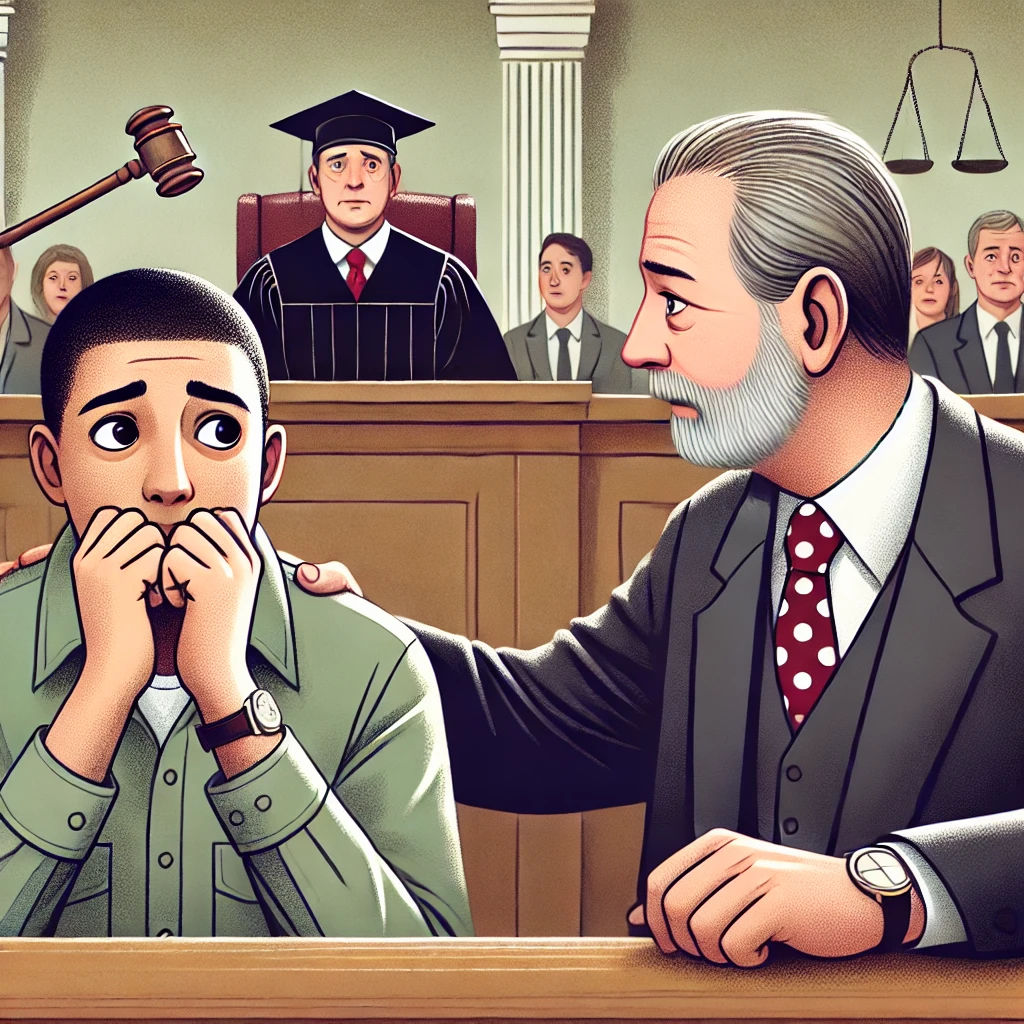A charge of causing bodily harm is a serious matter that can lead to imprisonment, fines, and other consequences. The main thing to remember is that your actions and the right approach can significantly affect the outcome of your case. This article provides practical tips on how to handle such a situation and helps you understand your rights and possible steps.
Part 1. Main Steps if You Are Accused of Inflicting Bodily Harm
- Stay calm and do not give statements immediately. Before talking to the police or other parties, it’s best to consult a lawyer.
- Do not admit guilt. Even if the situation is difficult, admitting guilt without consulting a lawyer may complicate your defense.
- Collect evidence. Record all details of the incident, gather witnesses, and collect any other evidence that may help your case.
Part 2. Lawyer’s Answers to Questions about Bodily Harm Accusations
- What should I do if the police summon me for questioning?
It’s best to go with a lawyer to avoid any accidental mistakes in your statements. - Can I refuse to give a statement?
Yes, you have the right to remain silent without a lawyer present. - How long can the investigation take?
Timelines depend on the case’s complexity but usually take a few months. - How will I know if the case goes to court?
You will be formally notified by letter. - What is reconciliation with the victim?
It is an opportunity to settle the case during the investigation phase. - What are the consequences of admitting guilt?
Admitting guilt may reduce punishment, but it’s best to discuss this with a lawyer first. - What evidence can help me?
Camera recordings, witness statements, and medical documents can be crucial. - How does the trial for such cases proceed?
Generally, it is a public process, but there may be exceptions. - If I acted in self-defense, how can I prove it?
Having evidence like witnesses or medical records is best. - Can the case be closed if I compensate the victim?
Yes, in some cases, compensation may prevent a court case. - How do I choose a lawyer for such cases?
Choosing a lawyer experienced in criminal cases is important. - What should I do if the victim made a false statement?
Your lawyer can help gather evidence that proves your innocence. - Can I file a counterclaim?
Yes, if you have evidence of a false statement. - How can medical expertise help?
It can confirm or refute both parties’ statements. - Should I contact the victim immediately?
It’s better not to do so without a lawyer’s advice to avoid worsening the situation. - What should I do if I’m under pressure?
Inform your lawyer and law enforcement about it. - Can I appeal a verdict?
Yes, if there are grounds, your lawyer can help file an appeal. - What mistakes do accused people commonly make?
The main mistakes are spontaneously admitting guilt and refusing a lawyer’s help. - What happens if the victim withdraws the complaint?
It may help close the case, but the final decision lies with the court. - Is it possible to avoid criminal liability?
Depending on the circumstances, sometimes punishment can be avoided.
Part 3. Practical Examples
- Self-defense case: A client defended themselves from an aggressive attack but was later accused of inflicting bodily harm. The lawyer helped prove it was self-defense, and the case was closed in the client’s favor.
- Reconciliation between parties: During a consultation, it became clear that the parties could reconcile, allowing the case to be closed at the pretrial stage.
- False accusation: A client was charged based on false statements, but due to exculpatory evidence (video recordings), the charge was dismissed.
If you need professional help with a bodily harm case, contact sworn lawyer Ilya Zuev.







